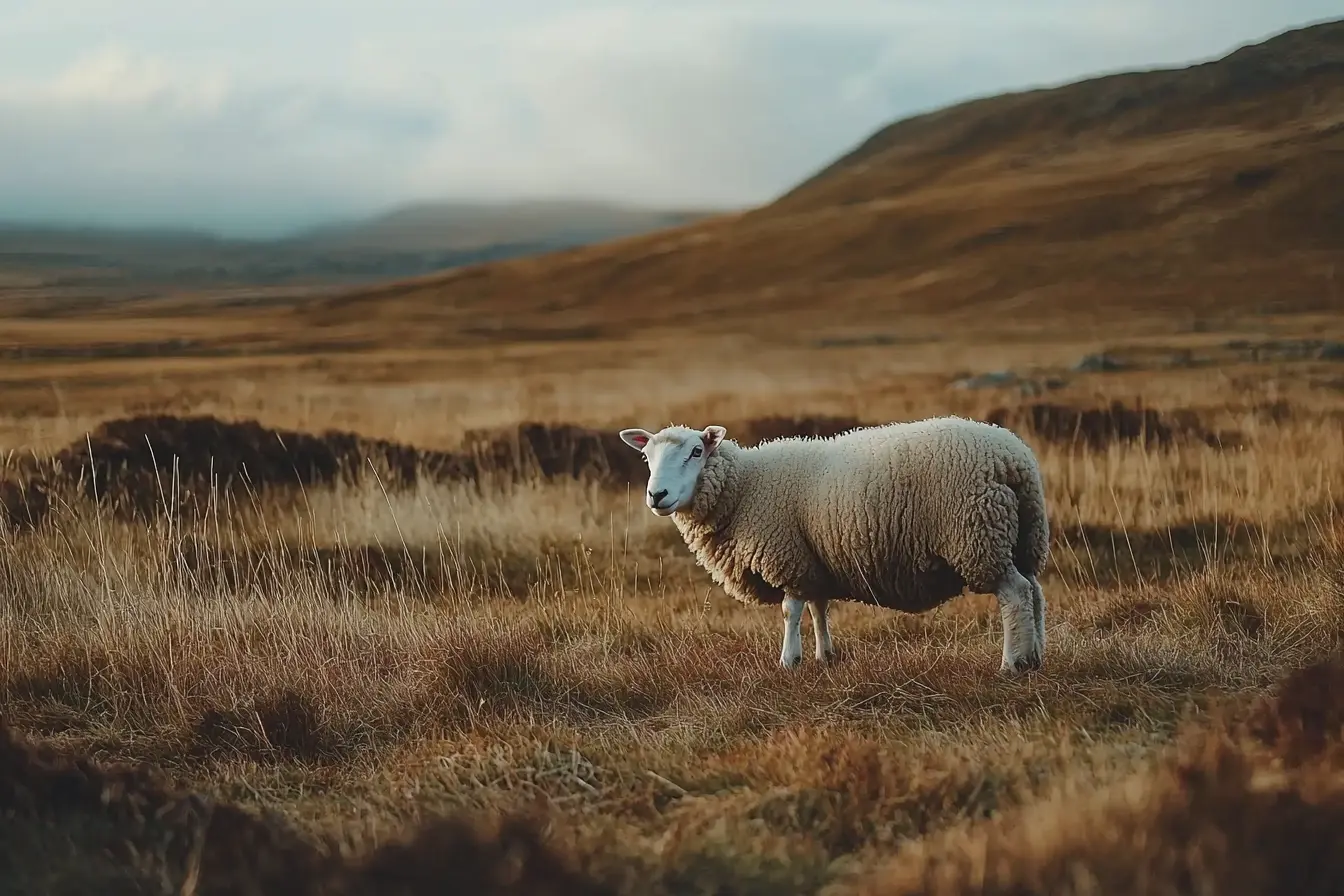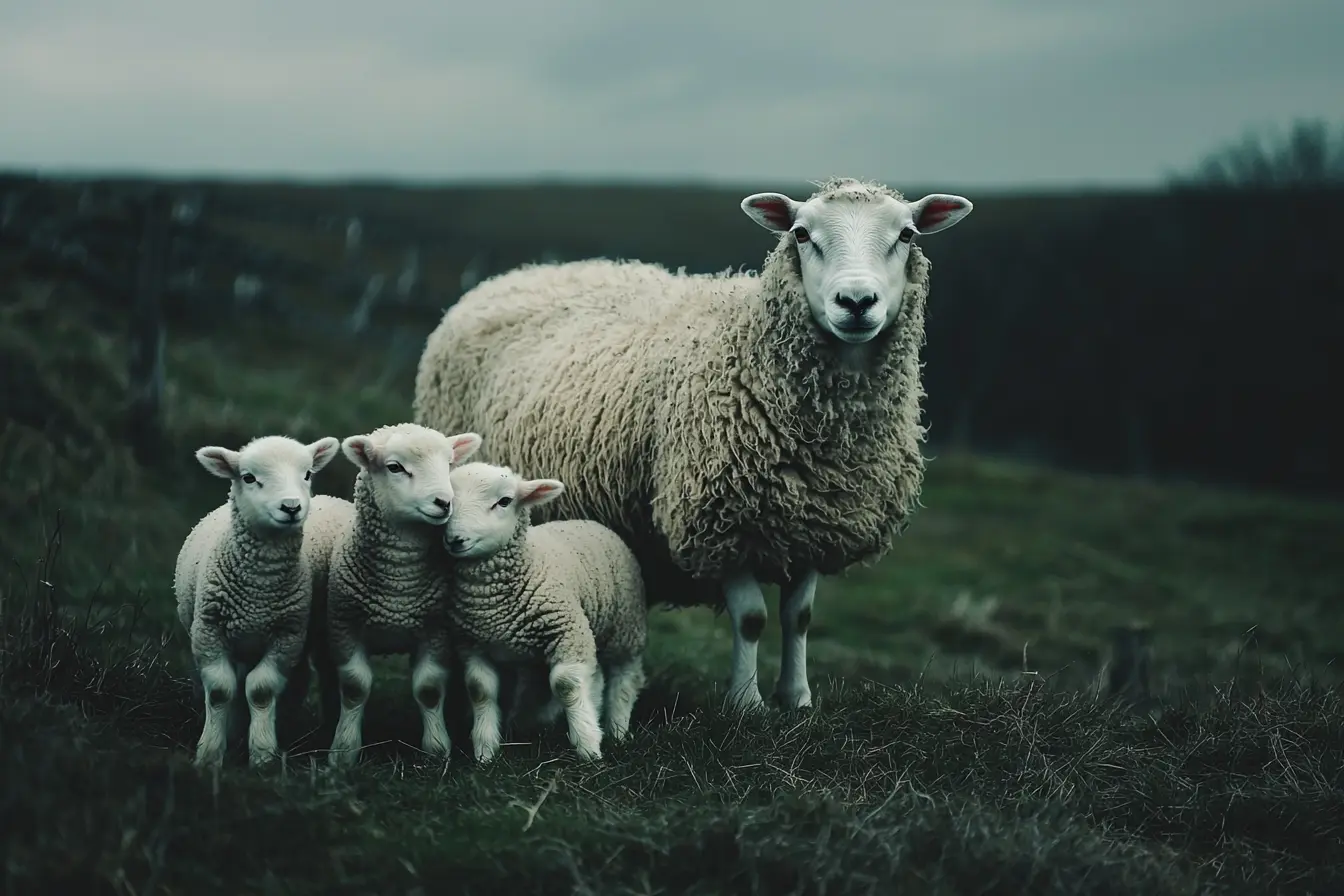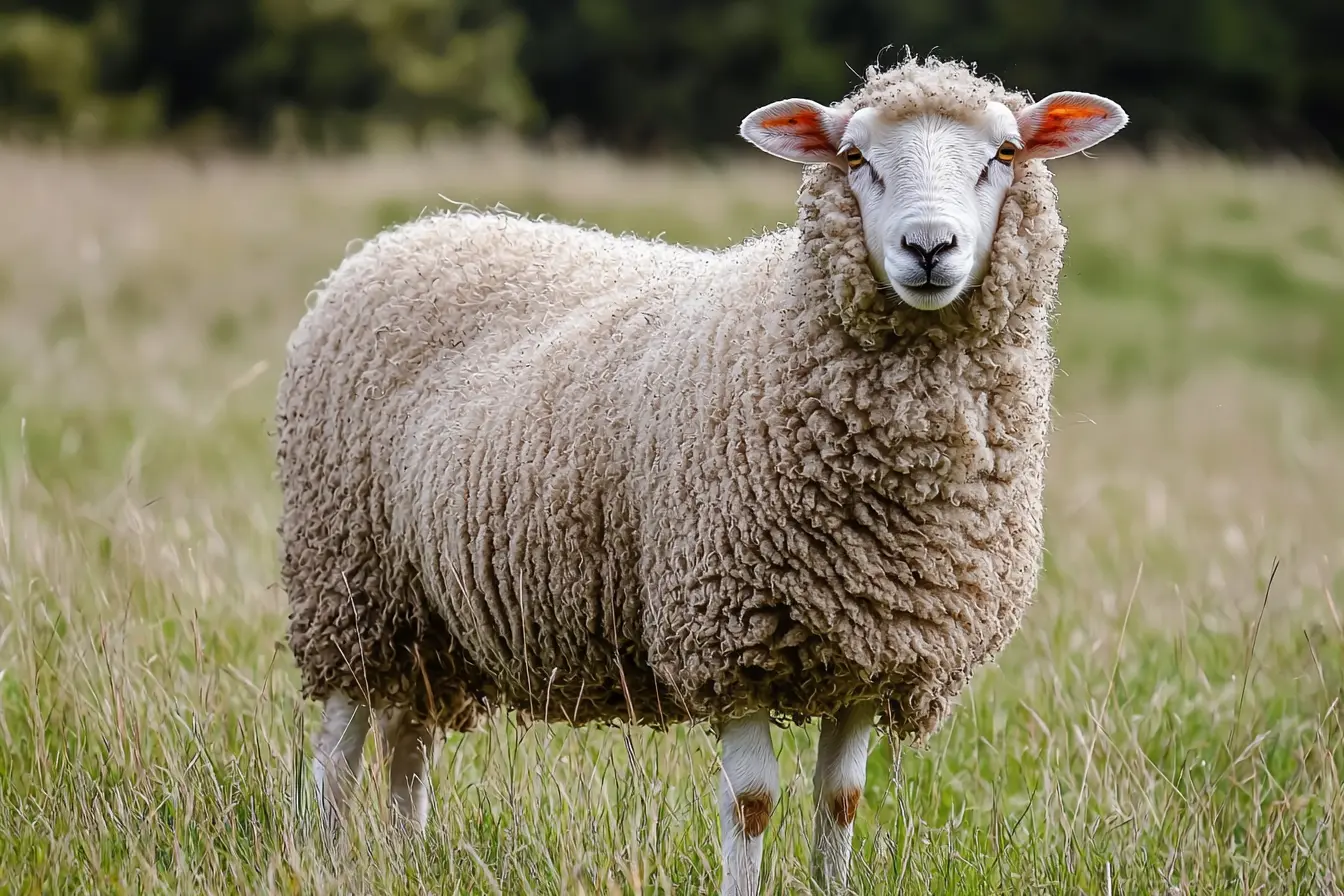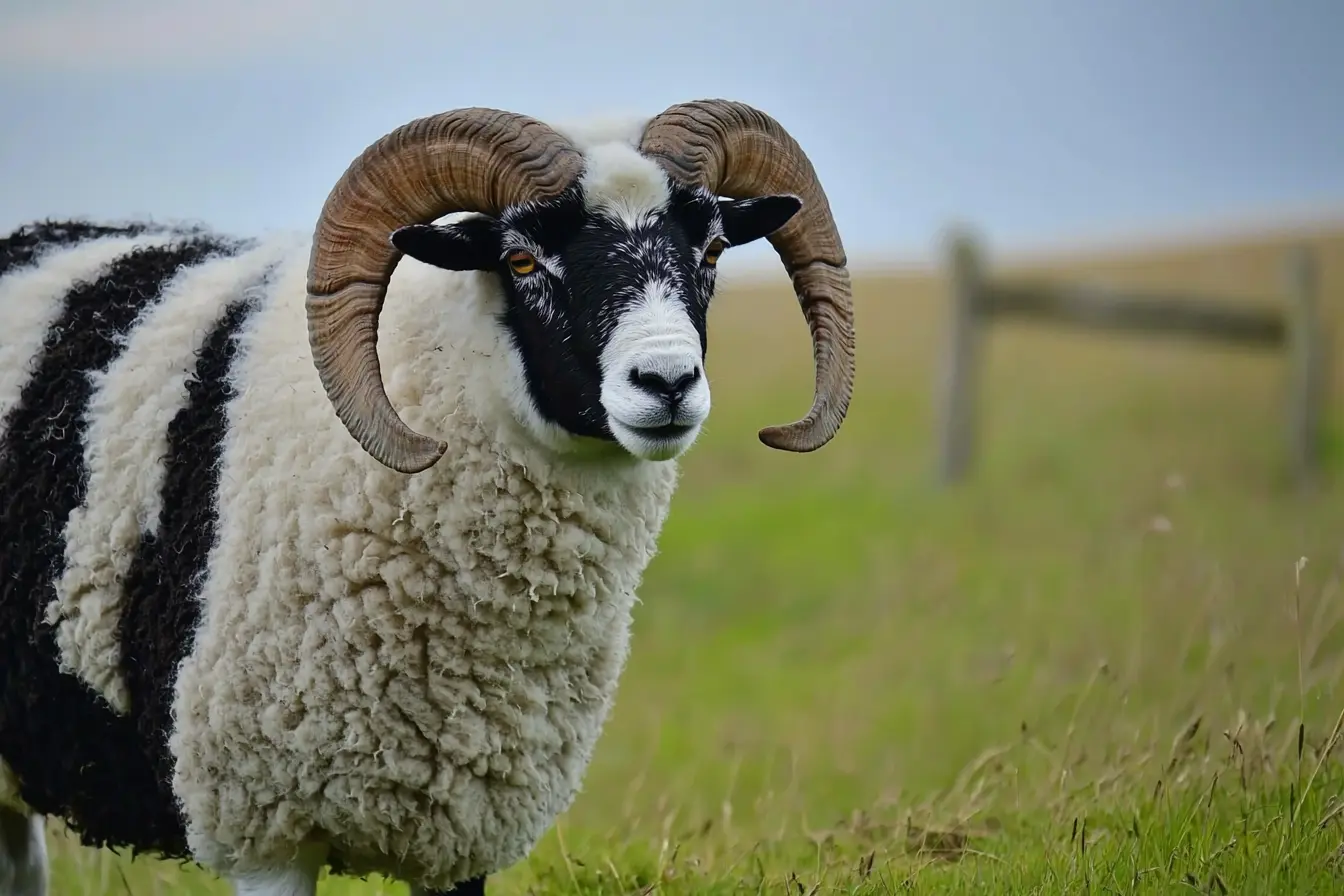
A Comprehensive Guide to Owning Sheep in the UK
Sheep farming is a time-honoured tradition in the UK, offering not only a connection to the land but also the potential for wool, meat, and even milk production. Whether you're considering a small flock for personal enjoyment or a larger herd for commercial purposes, there are essential aspects to understand before diving into sheep ownership. Here’s everything a new sheep owner in the UK needs to know.
Selecting and Buying Sheep
1. Choosing the Right Breed: Different sheep breeds serve various purposes. Some are better for wool (e.g., Merino), others for meat (e.g., Suffolk), and some for milk (e.g., East Friesian). Research the breeds to choose the one that best suits your needs and goals.
2. Buying Healthy Sheep: Source your sheep from reputable breeders or livestock markets. Look for animals that are alert, with bright eyes and clean, dry nostrils. Avoid sheep that appear lethargic or have signs of illness.
3. Numbers and Companionship: Sheep are social animals and need the company of other sheep. Plan to keep a minimum of three to five sheep to ensure they are content.
Preparing for Your Flock
1. Land and Pasture: Sheep require ample grazing space, typically about one acre per five sheep. Ensure your pasture is well-maintained, with a variety of grasses and legumes for optimal nutrition.
2. Fencing: Secure fencing is vital to keep sheep safe from predators and prevent them from wandering. A sturdy stock fence about 4 feet high should suffice. Regularly check for and repair any gaps or weaknesses.
3. Shelter: Sheep need protection from harsh weather. A simple field shelter or a three-sided shed will provide adequate cover. Ensure the shelter is dry and well-ventilated.
4. Water: Constant access to fresh water is essential. Check and refill water sources daily, especially in hot weather or freezing conditions.
Daily Care and Maintenance
1. Feeding: While sheep primarily graze, supplemental feeding may be necessary, especially in winter or during lambing. Hay, silage, and specially formulated sheep pellets can provide the extra nutrition needed.
2. Health Care: Regular health checks are crucial. Familiarise yourself with common sheep ailments such as foot rot, flystrike, and internal parasites. Work with a vet to establish a vaccination and deworming schedule.
3. Shearing: Most sheep need to be sheared at least once a year, typically in late spring or early summer. Shearing prevents overheating and reduces the risk of flystrike.
4. Hoof Trimming: Sheep’s hooves grow continuously and can become overgrown, leading to lameness. Regular hoof trimming is essential to maintain their mobility and health.
5. Lambing: If you plan to breed your sheep, be prepared for lambing season. This involves monitoring pregnant ewes, assisting with difficult births, and ensuring lambs receive adequate colostrum shortly after birth.
Legal and Regulatory Requirements
1. Animal Welfare Act 2006: Adhere to the Animal Welfare Act, ensuring your sheep have adequate food, water, shelter, and veterinary care.
2. Registration and Identification: Sheep must be tagged with an official ear tag for identification and registered with the Department for Environment, Food & Rural Affairs (DEFRA). Maintain accurate records of your flock.
3. Movement Records: Any movement of sheep, whether to a market, another farm, or a show, must be recorded and reported to DEFRA. This helps track and control the spread of diseases.
4. Biosecurity: Implement biosecurity measures to minimise disease risk. This includes controlling farm access, quarantining new or sick animals, and maintaining clean feeding and watering equipment.
Enjoying Sheep Farming
1. Wool Production: Sheep's wool can be a valuable product. Consider selling raw fleece, or have it processed into yarn for sale or personal use.
2. Meat and Dairy: If you're raising sheep for meat, ensure you understand the process of butchering and selling lamb or mutton. Dairy sheep can provide milk for personal consumption or for making cheese and other products.
3. Community Involvement: Join local sheep farming groups or national organisations such as the National Sheep Association (NSA). These groups offer valuable resources, support, and opportunities to connect with other sheep farmers.
Owning sheep can be a fulfilling venture, blending agricultural tradition with the joy of working with these gentle animals. By following these guidelines and committing to their care, you'll ensure a productive and enjoyable sheep farming experience. Happy shepherding!
Vets near you
Speciality vets
- Aquatics vet specialists
- Birds vet specialists
- Camelids vet specialists
- Cats vet specialists
- Cattle vet specialists
- Deer vet specialists
- Dogs vet specialists
- Equines vet specialists
- Exotic vet specialists
- Goats vet specialists
- Pigs vet specialists
- Poultry vet specialists
- Sheep vet specialists
- Small Mammals vet specialists
- Wild vet specialists
Vet facilities
- Accessible by public transport
- Blood testing
- Car park nearby
- Client car park
- Dentistry
- Diagnostic imaging
- Disabled public access
- Flea and worm treatments
- Microchipping
- Mobile services
- Neutering
- Open at weekends
- Out-of-hours service
- Referral interests
- Referrals only
- Street parking outside
- Toilets available
- Vaccinations



